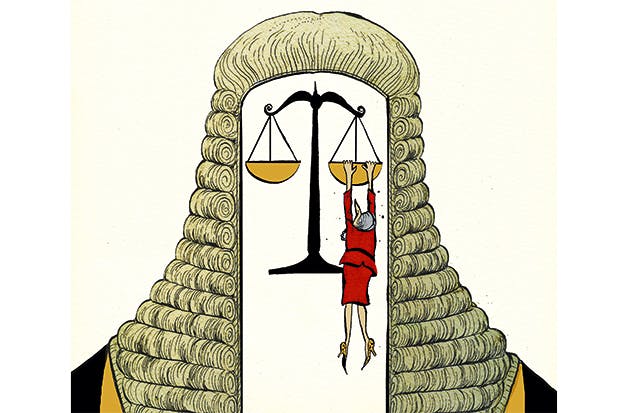Given that the ECJ often takes years to give an opinion, the speed of its Brexit judgement is unprecedented. Now and again, the mask slips: in theory the ECJ’s court judicial, cares only about good law. In practise this is nakedly political – explicitly so this time, given the vote tomorrow.
It’s being breathlessly reported that ECJ has said Britain can now abandon Brexit unilaterally, without permission. This is just wrong. Unilateral means on our own. We can’t do that under this judgement. Instead, see paras 73 to 75, the ECJ gets to sign off on whether or not we can revoke. The test is not abuse, as proposed by the AG. The test is instead whether we are being “unequivocal and unconditional” the end result is the same – the ECJ decides whether any revocation is valid. This is not in Article 50, the ECJ is just making this up. Because it can. That’s how the E.U. works.
So we must now ask ourselves: Do we want to be part of a mega state with a political court? Do we want a political court where judges are unknown? Do we want a political court where judges are unelected?
This follows Campos Sánchez-Bordona, the Advocate General’s statement last week and I argued at the time that his reference to the Vienna Convention was bizarre. Why should EU law try to set itself up as independent from International Law? The ECJ seems to have spotted this and in paragraph 70 we get a fudge where the ECJ says effectively ‘oh, err, yes we can look at that bit of the Vienna Convention, not by looking at it, but because it informed the people who drafted our own treaty’.
The sad truth is that these legal points will matter a great deal under Theresa May’s deal, because we will be governed by them. If we enter the backstop then we need to have in our back pocket the ability to argue that we are still protected by International Law and do have the right to leave, that no nation can be trapped in a treaty. The Attorney General’s statement opened that possibility up for us. The ECJ just took it away.
Make no mistake: this is an ECJ power grab. And it’s probably of no use at all. I doubt that the UK can choose not to leave or do so within our “constitutional requirements” without another referendum – and I don’t see how there is time for that. 29 March is still the deadline. Paragraph 73 of the ECJ ruling confirms that. To give us time for a second referendum we’d need an extension and that would require the whole 27 to agree. So that is where concessions could be demanded from a weak Prime Minister.
The ECJ ruling is not an invitation to stay. It’s a vivid reminder of how important it is to leave.






Comments